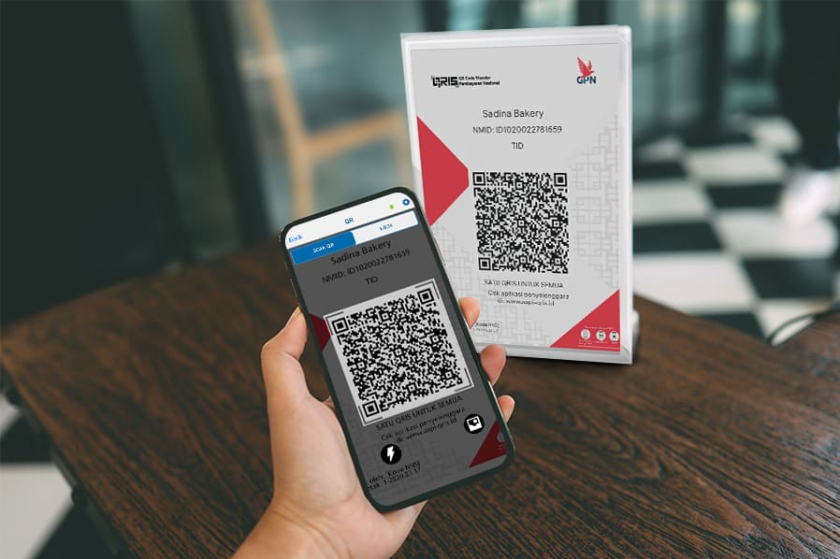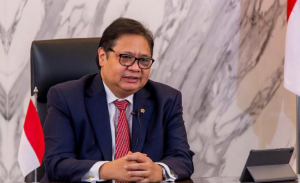U.S.’s attack on RI’s payment system sparks pushback over sovereignty, innovation

20230512-QRIS-BCA-desktop
The U.S. government’s criticism on the Indonesian standard quick response payment system (QRIS) and the national payment gateway (GPN) has drawn strong resistance at home, citing market preference on more flexible system away from conventional credit card payment.
Through the National Trade Estimate (NTE) report released by the Office of the U.S. Trade Representative (USTR) on March 31, 2025, the U.S. government considers QRIS and the Indonesian Central Bank (BI) GPN as trade barriers in tariff negotiations.
Center for Economic and Law Studies (CELIOS) economist Nailul Huda rejects QRIS, BI Fast and GPN as a means of exchange for U.S. trade tariffs upon considetation that not everything the U.S. wants can be fulfilled.
He cited that the U.S.-made payment products, namely Mastercard and Visa, do not offer what the Indonesian market wants. Currently, the market wants non-card transactions, while Visa and Mastercard still rely on cards.
"They lack innovation. The market wants to use mobile phone devices, not cards," Huda, said as quoted by Katadata.co.id on Tuesday, April 22, 2025.
He said further that Indonesia is the party that will be harmed when the U.S. disrupted the QRIS policy as the public does not get ideal services for financial transactions.
"The efficiency of financial transactions will be disrupted. This is not good for monetary stability or the national payment system," Huda said.
Currently, QRIS payments have increased significantly, no longer requiring services from Mastercard and Visa to make transactions.
"Just by using QRIS, payments can be made between platforms. Even across types of platforms, from e-wallets to bank accounts," Huda cited.
Negotiation
An economist at the National Development University (UPN) Veteran Jakarta, Achmad Nur Hidayat, is of the opinion that BI and the government can offer breakthroughs in the negotiations regarding QRIS.
"BI can open limited consultation space with foreign companies without sacrificing policy principles. BI can also allow foreign participation in the development of QRIS technology on the condition of knowledge transfer and the use of local servers,” Hidayat said.
“The government also needs to strengthen economic diplomacy to explain that QRIS is not an obstacle, but an opportunity for collaboration,” he added.
Hidayat suggested that the payment system applied in Indonesia could be promoted as a model for other developing countries so that U.S. companies that want to expand into Southeast Asia must adapt to it.
On the other hand, Indonesia can adopt a gradual interoperability approach, such as ensuring that QRIS is compatible with regional payment systems such as Singapore's SGQR or Thailand's Prompt Pay, before moving on to global integration.
"This step will reduce U.S. concerns while strengthening Indonesia's bargaining position in the international arena," Hidayat said.
Already have an account? Sign In
-
Start reading
Freemium
-
Monthly Subscription
20% OFF$29.75
$37.19/MonthCancel anytime
This offer is open to all new subscribers!
Subscribe now -
Yearly Subscription
33% OFF$228.13
$340.5/YearCancel anytime
This offer is open to all new subscribers!
Subscribe now







